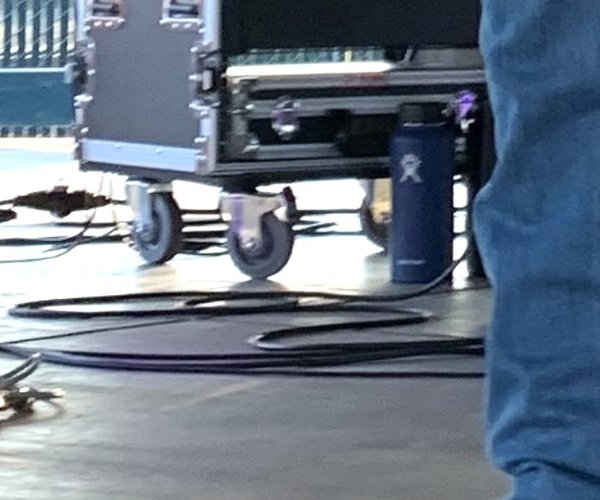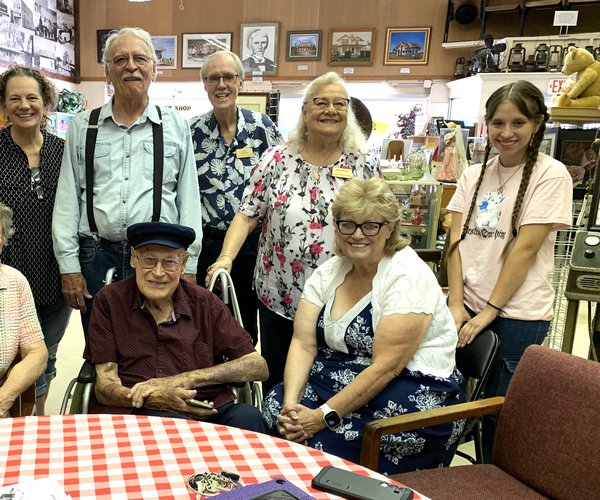To help customers prepare their gas appliances for safe use during the cold weather months ahead, Pacific Gas and Electric Company (PG&E) offers free in-home safety checks. During the safety checks, PG&E also will relight pilot lights for customers who have heaters or other appliances that have been turned off during warmer months.
Free safety checks help ensure that gas appliances, including water heaters, furnaces and ovens, are operating safely and efficiently, reducing the risk of carbon monoxide (CO) poisoning within the home. Carbon monoxide is especially dangerous because it can’t be seen, smelled or heard.
According to the Centers for Disease Control and Prevention, each year more than 400 Americans die from unintentional CO poisoning not linked to fires, more than 100,000 visit the emergency room, and more than 14,000 are hospitalized. Since the start of 2023, PG&E has responded to more than 6,100 incidents where the presence of carbon monoxide is suspected.
“One of the best ways to prevent carbon monoxide from reaching dangerous levels is to ensure your appliances are in safe working order. A free safety check can help identify any issues that would interfere with their safe operation. And while our technicians are there, they will also inspect your pilot lights and relight them if needed,” said Joe Forline, PG&E senior vice president of Gas Operations.
Before the colder winter months when natural gas appliances typically see the most use, PG&E encourages customers to schedule an inspection by visiting www.pge.com/pilotlights. Scheduling your appointment online is free and easy and will help you avoid hold times on the utility’s customer service line. Customers can also call 800-743-5000 to schedule appointments.
Helpful Winter Gas Safety Tips
· Install carbon monoxide detectors to warn when concentration levels are high.
· All California single-family homes are required to have carbon monoxide detectors.
· Carbon monoxide detectors should be installed on every floor, near sleeping areas and common areas.
· These devices should be tested twice a year, and batteries replaced if necessary.
· Check the expiration date – most carbon monoxide detectors have a shelf life of five to seven years.
· Never use products inside the home that generate dangerous levels of carbon monoxide, such as generators, outdoor grills, or propane heaters.
· Never use cooking devices such as ovens or stoves for home heating purposes.
· When using the fireplace to stay warm, make sure the flue is open so venting can occur safely through the chimney.
· Make sure water heaters and other natural gas appliances have proper ventilation.
If you suspect carbon monoxide in your home, you should get out immediately and call 911. If a PG&E customer ever smells the distinctive “rotten egg” odor of natural gas in or around their home or business they should immediately evacuate and then call 911 and PG&E at 1-800-743-5000.





